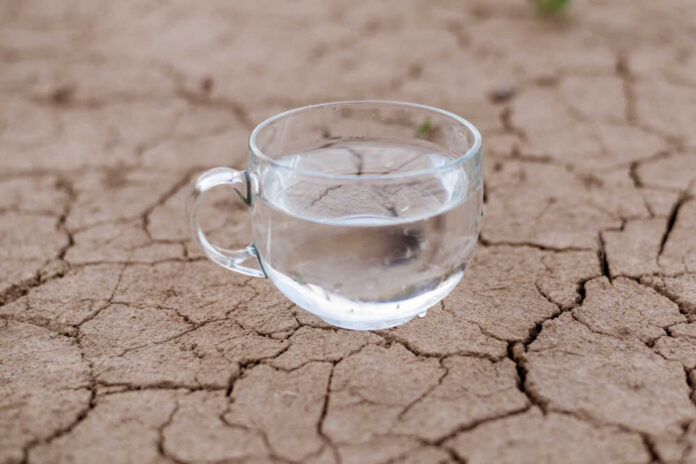
Imagine a thriving garden, lush, verdant, and full of life. Now, imagine what happens when the essential element of water is taken away.
The once vibrant ecosystem begins to wilt, lose vitality, and eventually, perish.
This natural analogy resonates with a lesser-known but vital connection within our body – the relationship between hydration and our gut microbiome.
The Gut Microbiome: A Hidden Ecosystem
The human gut is home to trillions of microorganisms, collectively known as the gut microbiome. This complex community of bacteria, fungi, and viruses plays a vital role in digestion, immune function, and overall health.
A balanced gut microbiome is like a well-tended garden. It thrives with proper care and nourishment.
Dehydration: A Disturbance in the Balance
Water is a vital component for all living organisms, including the gut microbiome. When we become dehydrated, the scarcity of water disrupts the balance within the gut.
- Changes in Gut Environment: Lack of water leads to a more concentrated gut environment, altering the pH and osmotic balance. These changes can lead to an environment where harmful bacteria flourish, crowding out beneficial species.
- Impaired Digestion and Absorption: Dehydration affects the body’s ability to produce digestive enzymes and transport nutrients. This impacts the overall digestive process and can lead to malnourishment of both the body and the gut microbes.
- Effects on Immune Function: The gut microbiome communicates with the immune system. Dehydration compromises this communication, which may result in a weakened immune response.
Repercussions Beyond the Gut
The gut microbiome’s impact isn’t limited to the digestive tract. Dehydration-induced alterations can have systemic effects, including:
- Mood and Mental Health: Emerging research connects the gut microbiome to mental well-being. Changes in the gut environment due to dehydration might lead to mood fluctuations or exacerbate mental health conditions.
- Metabolic Disorders: Chronic dehydration can disrupt the metabolic balance maintained by the gut microbiome, potentially leading to obesity, diabetes, and other metabolic disorders.
- Chronic Inflammation: An imbalanced gut microbiome can trigger inflammation. Dehydration, by disturbing this balance, can contribute to chronic inflammatory conditions.
Hydration as a Wellness Strategy
Understanding the profound connection between hydration and gut health opens a gateway to preventative wellness. Incorporating a robust hydration regimen is more than just quenching thirst, it’s nourishing the garden within.
- Personalized Hydration Plans: Recognize that hydration needs vary from person to person, personalized strategies can optimize gut health.
- Nutrient-Rich Fluids: Consume foods and beverages rich in electrolytes and nutrients can nourish the gut microbiome.
- Mindful Hydration Practices: Emphasizing the importance of hydration in daily routines can encourage a conscious effort to maintain a balanced gut ecosystem.
Watering Our Inner Garden
The relationship between dehydration and gut microbiome is a complex yet crucial aspect of health that we often overlook.
By considering hydration not just as a basic bodily need but as a nurturing act for our inner garden, we can embrace a holistic approach to wellness that resonates with both our body and mind.






















